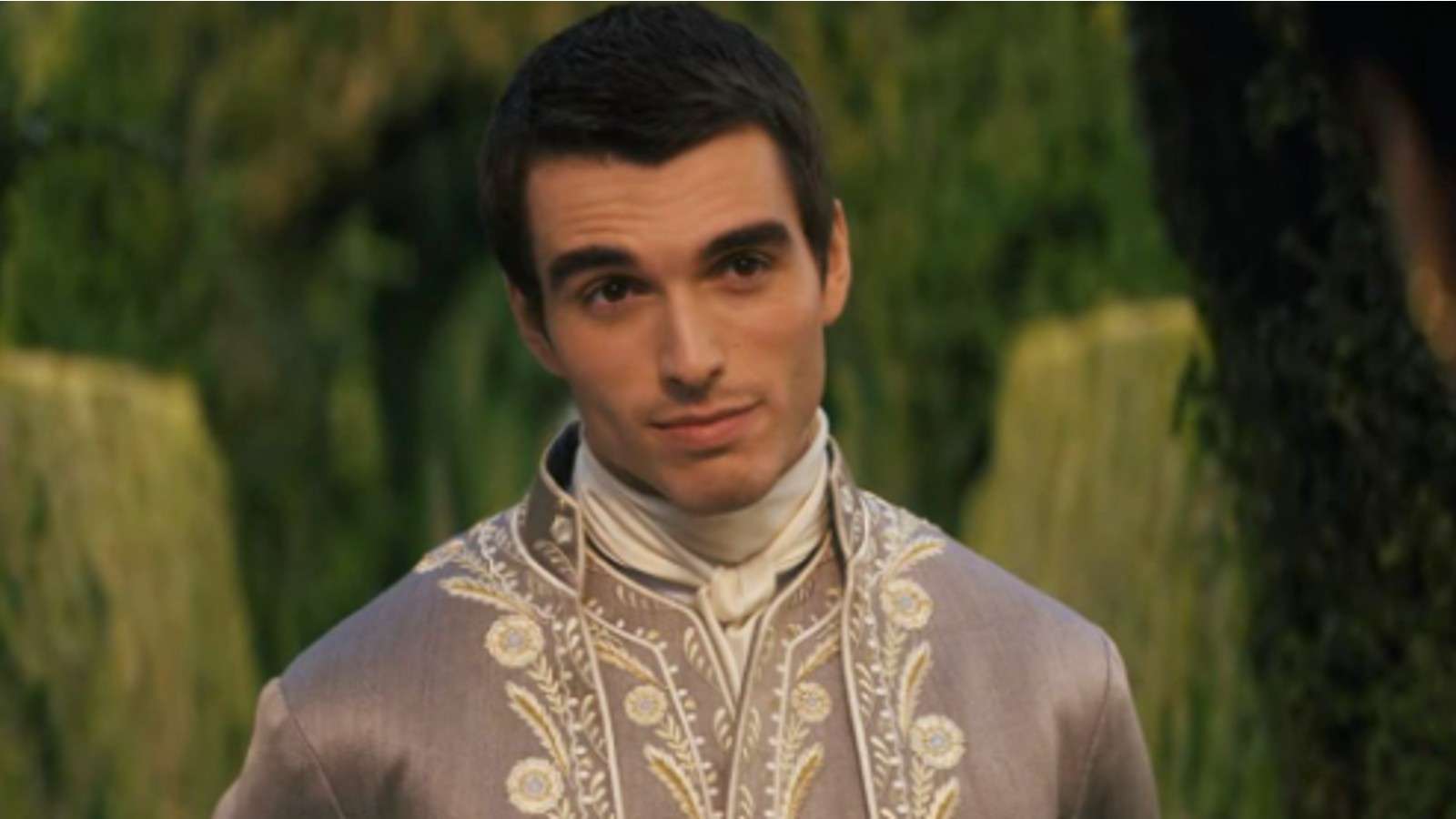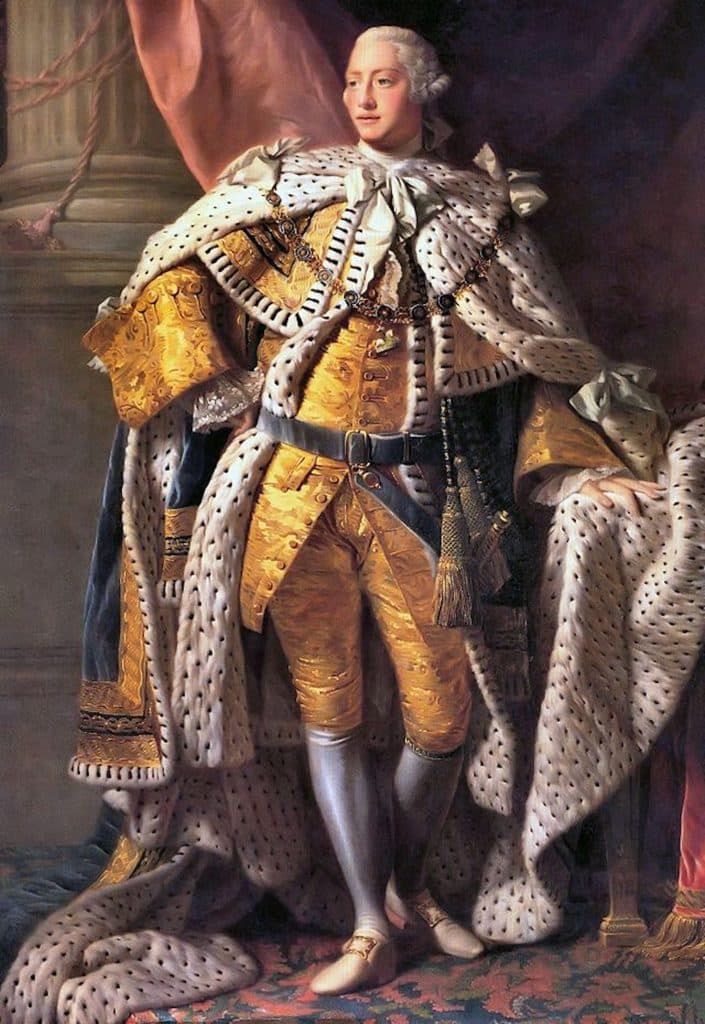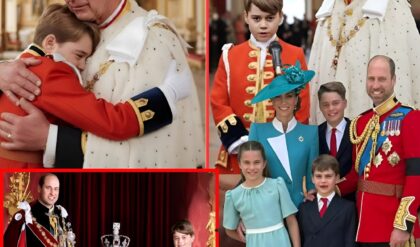
While King George III doesn’t die in Queen Charlotte: A Bridgerton Story, a lot of fans wondered how did the real King George III died and if his death was related to the struggles depicted in the show.
The Bridgerton universe is very much a fictional one, and Queen Charlotte: A Bridgerton Story is no different. It even says so right at the start, telling viewers: “This is the story of Queen Charlotte from Bridgerton. It is not a history lesson. It is fiction inspired by fact.”
As such, the Netflix series can take great liberties with the storyline while still portraying characters inspired by real-life figures, including Queen Charlotte and King George III, who married in 1761 after the latter inherited the throne the year prior.
Now, any Bridgerton fan will know that the king doesn’t die in Queen Charlotte due to the fact that he appears in both timelines. But how did King George III die in real life, and is it connected to the series?
How did King George III die?
King George III died on January 29, 1820, with the history books citing the cause of death to be pneumonia – but there is far more to this story.
The monarch is tragically most famous for “going mad”, a rather insensitive term used to describe his mental state, most likely because there is still much speculation as to what exact mental health illnesses he experienced.
Considering so little was known about mental health at the time, King George’s issues went untreated, and caused him to deteriorate during his reign.
According to The Royal Family website: “He was mentally unfit to rule in the last decade of his reign; his eldest son – the later George IV – acted as Prince Regent from 1811. Some medical historians have said that George III’s mental instability was caused by a hereditary physical disorder called porphyria.”
Porphyria is a group of rare genetic disorders that affect the nervous system or skin, or sometimes both. These disorders occur when the body has a problem making heme, a component of hemoglobin that carries oxygen in the blood.
But this is up for debate, and there are many factors to King George III’s declining health, with numerous sources citing a combination of bipolar disorder and dementia. He also became increasingly deaf and blind closer to the end of his life, the latter of which was reportedly down to cataracts.
Studies suggest he was subjected to horrific treatments to “cure” his ailments, from leeches placed on his eyeballs, solitary confinement, and arsenic powder on his skin – which only would have made his condition worse.
In a conversation with the Express, historian Professor Andrew Roberts opened up about the royal’s last days, stating: “Well, they’re tremendously sad. It’s a bit like King Lear. There he is, poor man, he played the harpsichord in his rooms on the North Terrace in Windsor Castle but he couldn’t hear it because he’d gone deaf.
“He would so-called meet people from his past and have conversations with them. The good thing was in the last 10 years he didn’t have to be put in a straitjacket any longer. He was no longer violent.”

Roberts went on to discuss the “incredibly backwards” way mental health was perceived in those times. “It was heartless and cruel and the way the king was treated was incredibly cruel. What they didn’t have was a sense that you could ever get better and people recognize that you can come out of madness, which he did.”
Although King George had various episodes throughout the years, he was always able to bounce back and they were relatively short-lived, except in 1810 during his final decade.
Sadly, there’s no official confirmation due to the limited knowledge on healthcare at the time, but it’s believed that his declining physical health was perpetuated by his mental state and vice-versa.
How does King George III’s story tie in with Queen Charlotte A Bridgerton Story?
King George III doesn’t die in Queen Charlotte A Bridgerton Story, which actually makes sense to the timeline – since he died in 1820, this would put it six years after the events of Bridgerton Season 2.
Whether this will play out in Season 3 is yet to be seen, but Netflix’s prequel certainly does portray King George’s struggles with mental health, as his deteriorating condition is a central plot point of the series.
In Bridgerton, King George III, portrayed by James Fleet, is depicted as “mad” and kept away from Golda Rosheuvel’s Queen Charlotte. But in the new series, we learn about his tragic backstory through a more sympathetic lens, with the young royals played by Corey Mylchreest as King George and India Amarteifio as Queen Charlotte.





